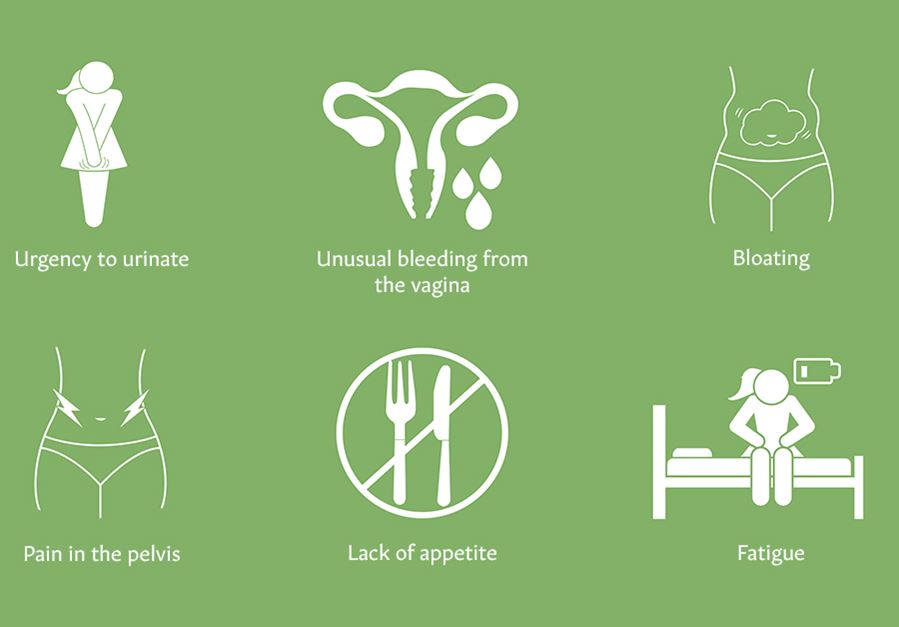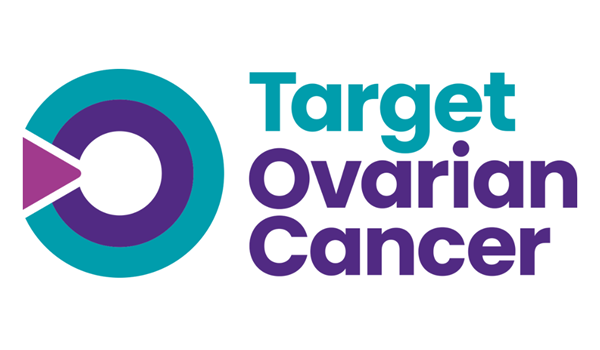Ovarian Cancer
Introduction
Ovarian cancer is a cancer commonly seen in post-menopausal women, but can happen to women and people with ovaries at any age.
Below you will find information about,
- Symptoms
- Investigations
- Treatments
- Support for those with cancer
- Useful website resources
If you are worried that yourself or someone that you know may have ovarian cancer, please come and see our expert clinical team to discuss your concerns. The link opposite is also a useful website for more information.
Symptoms
The symptoms of ovarian cancer can be quite unspecific, but can be remembered with the acronym, BEAT:
B - bloating and abdominal discomfort, that does not go away
E - eating difficulty and feeling full more quickly, or feeling sick
A - abdominal or pelvic pain that doesn't go away
T - changes to toileting habits, such as urinating more frequently, or diarrhoea
Other symptoms may include fatigue, pain during sex, and unexplained weight changes. Click here for a further video about symptoms.
The majority of people with these symptoms will not have ovarian cancer, but if you are worried, please book an appointment to discuss any concerns. We are here to listen, explore and alleviate any worries you have.
Investigations
Further clinical assessment in the practice may include,
- an examination of the abdomen and pelvis
- a blood test, called CA125. This is a protein that can indicate if you have a risk of ovarian cancer. There are other reasons why this might be raised, including your period, ovarian cysts and endometriosis. Having a high CA125 does not definitely mean that you have ovarian cancer, but it means that you may need some further investigations.
Further investigations by gynaecology specialists, at Western General Hospital, may include an ultrasound looking at the womb and ovaries, CT scans looking at the abdomen and a tissue biopsy may be needed.

Treatments
If you do have ovarian cancer, please know that our clinical team will be here to help you every step of the way.
Treatment for ovarian cancer will be organised by the multi-disciplinary team, filled with many specialsts, who will agree the best treatment plan moving forward. It may consist of:
- Surgery
- Chemotherapy
- Radiotherapy
- Immunotherapy
or a combination of the above best suited to you.
Living with Ovarian Cancer
Menopause and cancer treatment - if you are experiencing menopausal symptoms, further information about menopause support at Bangholm can be found here.
Friends and family of those with ovarian cancer
Page created: 04 September 2020









